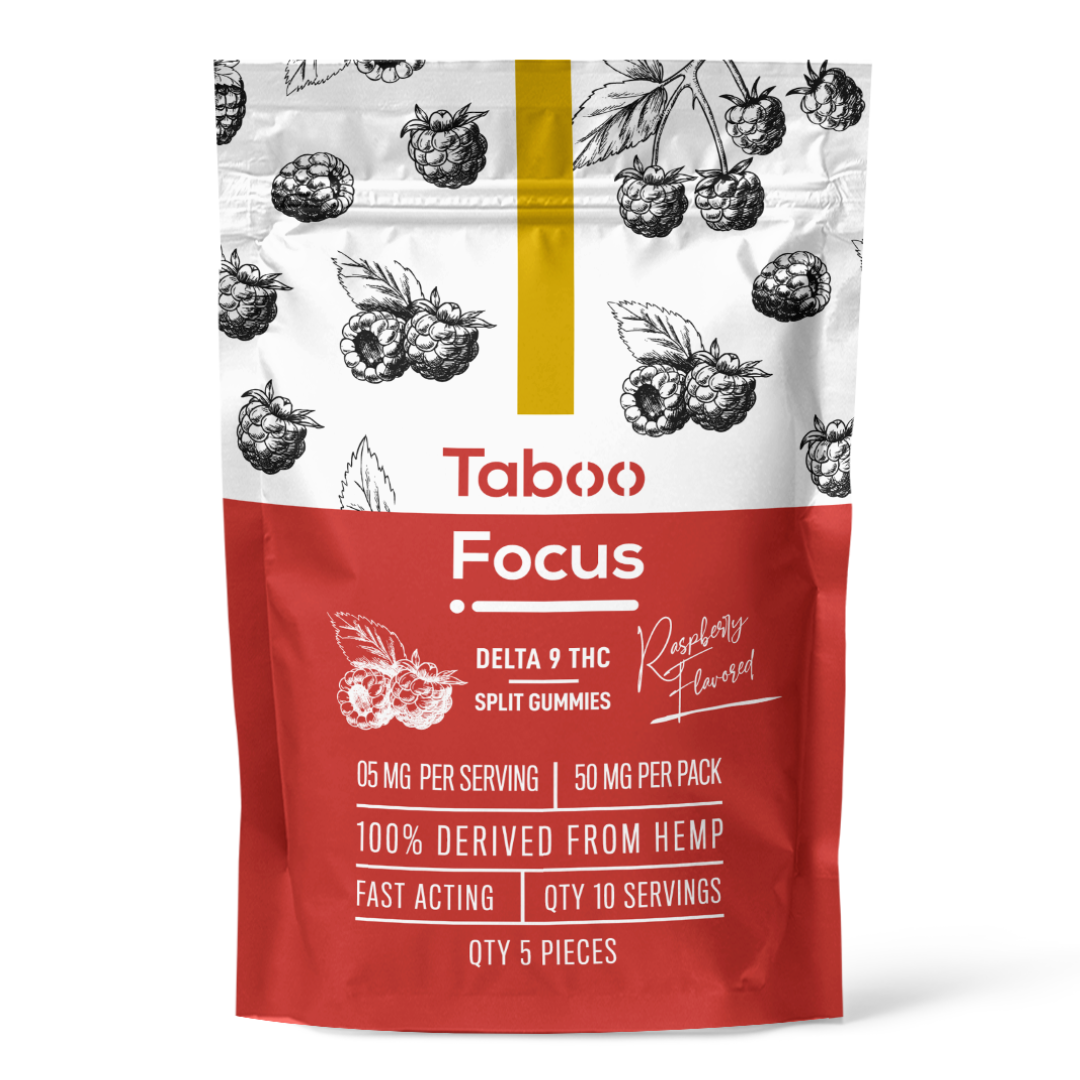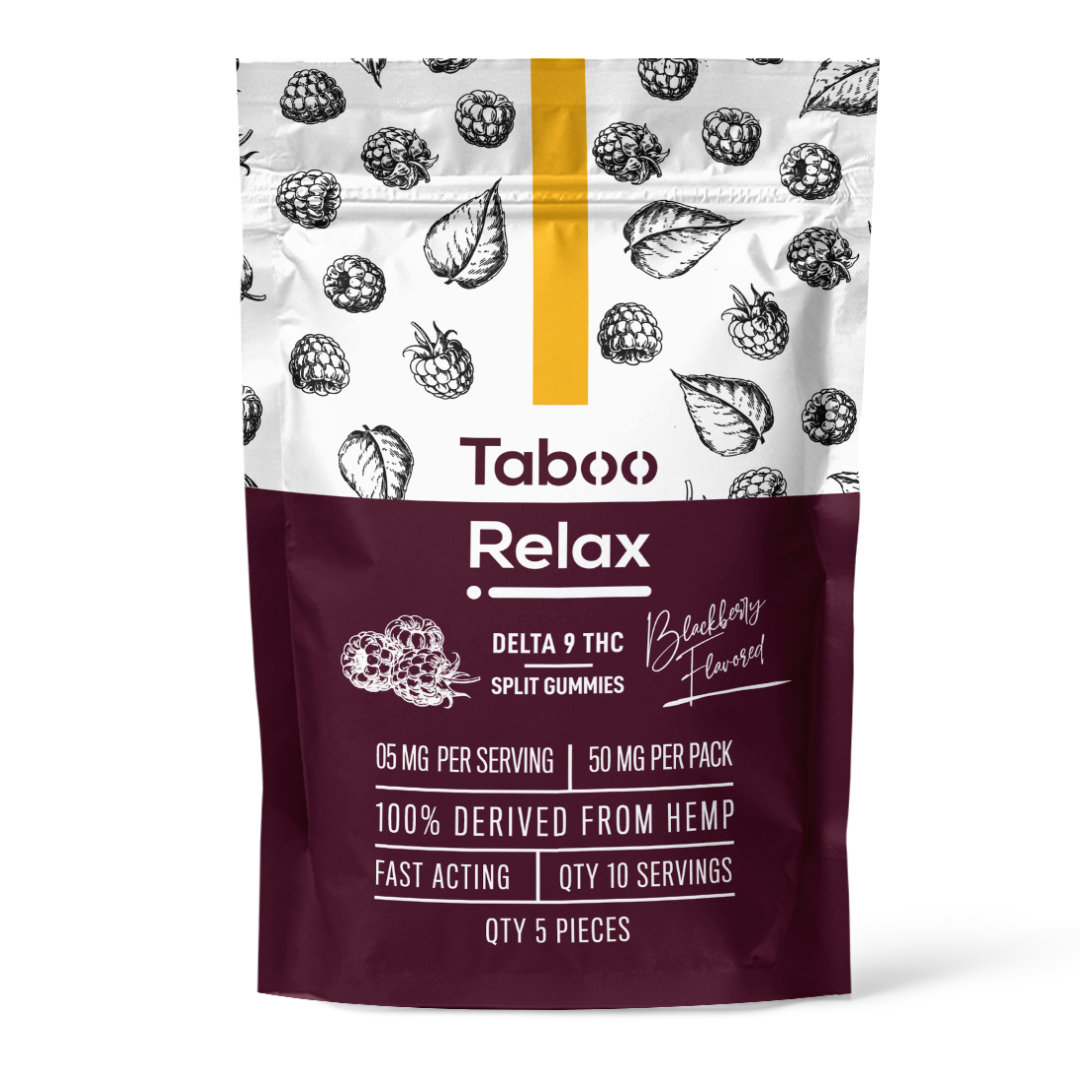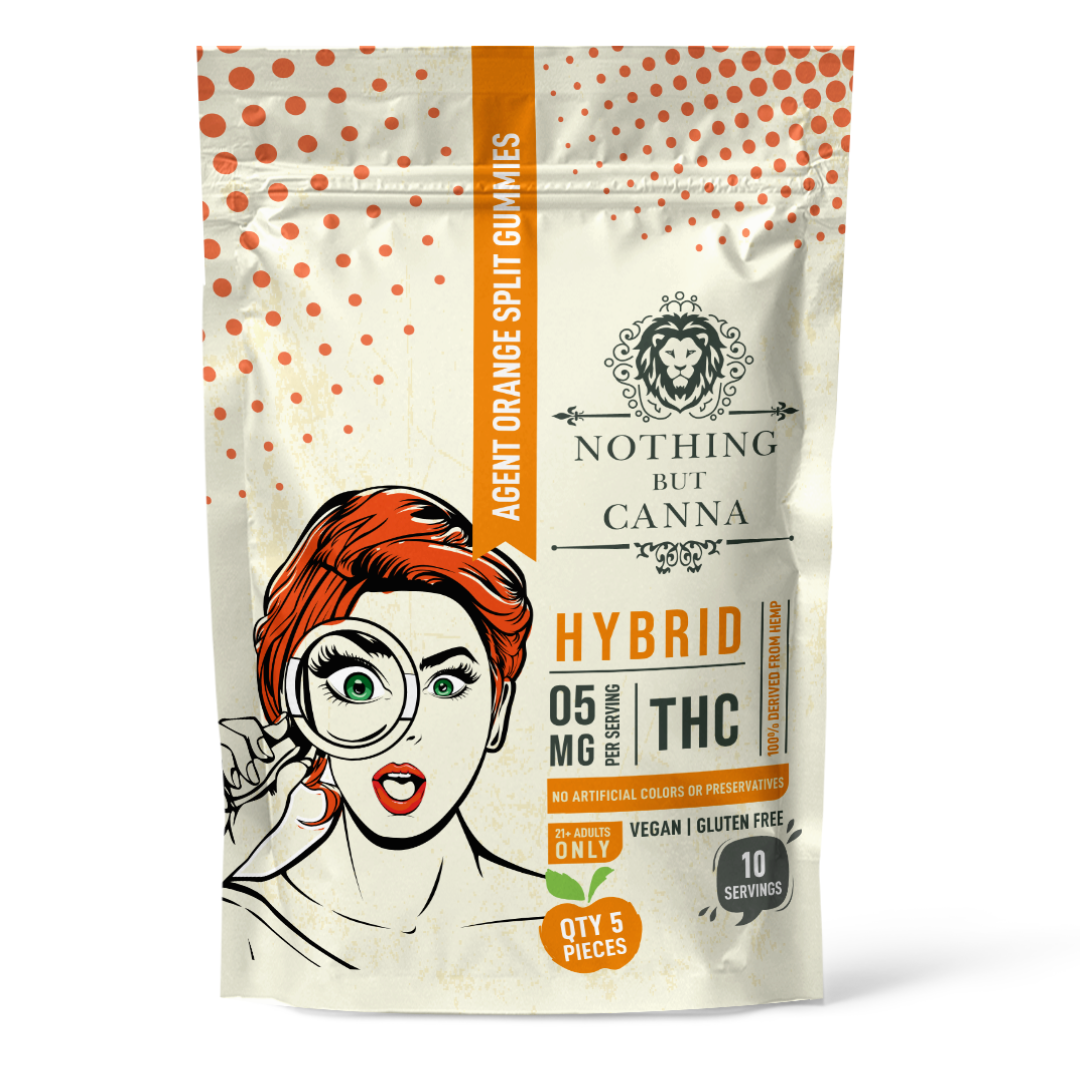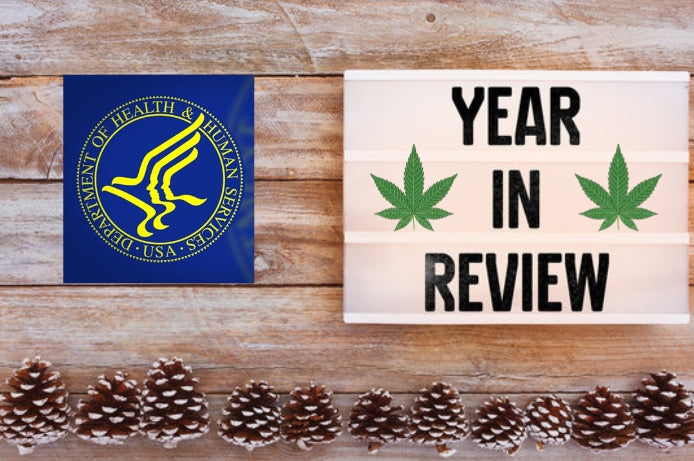The 'North Star' state became the 23rd to pass legalization reform in 2023, but not without some challenges along the way.

Undoubtedly, one of the biggest stories emerging from the hemp and cannabis industries this year centered on the monumental efforts in Minnesota to enact legislation legalizing adult-use cannabis for individuals over 21. However, the joyful celebration of that achievement was tempered by some problematic challenges and embarrassing hiccups in the aftermath.
Minnesota Becomes the 23rd State to Legalize Recreational Marijuana
With a stroke of his executive pen, Governor Tim Walz (DFL) made Minnesota the 23rd state to legalize adult-use cannabis in the United States this past May. Walz signed the much-anticipated and hotly debated reform legislation during a special ceremony at the state capitol surrounded by cannabis advocates and former Minnesota Governor Jesse Ventura, a longtime and passionate advocate for legalization.
Walz, who promised to sign HF100 long before a revised and amended version of the bill was approved by both the House and Senate in early May, said, “This has been a long journey with a lot of folks involved. What we know right now is prohibition does not work. We’ve criminalized a lot of folks who are going to start the expungement process on those records.”
"This has been a long journey with a lot of folks involved. What we know right now is prohibition does not work. We’ve criminalized a lot of folks who are going to start the expungement process on those records.”
- Minnesota Governor Tim Walz (D)
Along with providing many of the same provisions found in other states’ legalization statutes, Minnesota’s new law is unique in several respects. First, it is one of a handful of states that passed its law through the state legislative process instead of a ballot initiative (Minnesota does not allow citizen-initiated ballot questions).
Secondly, because of its firmly established hemp-based product industry and lobby, Minnesota lawmakers added specific tenets to the legalization measure permitting the sale of hemp-derived cannabinoids, such as the controversial and politically toxic delta-8 THC variant.
In describing his joy and pride concerning the unique nature of the newly inked law, Rep. Zack Stephenson (D), the House sponsor of the bill, said, “While Minnesota might be the 23rd state to legalize cannabis, I think we’ve passed the best bill in the country that Minnesotans can be really proud of. We’ve built a model that will work for Minnesota specifically, and I think Minnesotans will be really pleased with the results of that work.”
"While Minnesota might be the 23rd state to legalize cannabis, I think we’ve passed the best bill in the country that Minnesotans can be really proud of. We’ve built a model that will work for Minnesota specifically, and I think Minnesotans will be really pleased with the results of that work.”
- Minnesota State Representative Zack Stephenson (D)
Another unique aspect of the legislation concerned the right of the 11 recognized Native American tribes located in the state to begin selling cannabis products from dispensaries located on reservation lands following the law’s effective date of August 1, 2023, pending approval by each tribal council.
Two tribes, in particular, took advantage of the special agreement negotiated into the new statute. One month before the law took effect, the Red Lake Nation Tribal Council voted to approve adult-use cannabis sales on the reservation. As a result of that decision, the tribe opened its first reservation dispensary just one week after the law became effective.
According to multiple media outlets, the first day of legal recreational sales was a smashing success for its NativeCare store location. The NativeCare Facebook page shared this post regarding the day's events:
"NativeCare is having an amazing first day of recreational sales! We have had such a great turnout that, unfortunately, we are having to cut off the line so we can be sure to serve everyone that has been patiently waiting. We look forward to seeing more of your smiling faces tomorrow at 11 AM! Miigwech."
"NativeCare is having an amazing first day of recreational sales! We have had such a great turnout that, unfortunately, we are having to cut off the line so we can be sure to serve everyone that has been patiently waiting. We look forward to seeing more of your smiling faces tomorrow at 11 AM! Miigwech."
- Red Lake Nation's NativeCare Facebook Post
Not to be outdone, the White Earth Nation's tribal council also approved adult-use cannabis sales on its tribal lands the same week the legalization reform took effect. It opened its first recreational dispensary called "Waabigwan Mashkiki," meaning "flower medicine" in Ojibwe, outside the tribe's cultivation facility in Mahnomen, just days after the Red Lake Nation opened its first store.
Because tribal retail stores are the only current access points for Minnesotans seeking to purchase legal marijuana, the Red Lake and White Earth Nations are working hard to get other outlets up and running in different locations on their respective tribal lands as soon as possible.
Both tribes should have a substantial amount of time to open those stores without fear of competition because state regulators anticipate a 12 to 18-month wait before retail licenses are issued to prospective retail operators. However, that period may be even longer due to an unfortunate and embarrassing misstep by the governor’s office concerning the new director of the Office of Cannabis Management (OCM), established by the statute to regulate the state’s legal recreational cannabis market.
In late September, Gov. Walz (D) appointed Robin Dupree, the owner and founder of a hemp-derived cannabis business in Apple Valley, to be Minnesota’s first director of the OCM.
In a statement following the appointment, Walz said, “With direct experience in Minnesota’s hemp and cannabis industry and over 20 years of success in launching, managing, and growing businesses and organizations, Erin DuPree is an outstanding choice to lead the Office of Cannabis Management.”
However, just one day after his optimistic words, Dupree abruptly stepped down following an MPR News-APM Reports investigation, which uncovered some unsettling and damaging details about Dupree’s business dealings.
According to the investigation, Dupree's hemp business, Loonacy Cannabis Co., which she founded in July 2022, allegedly sold products that exceeded state limits on THC potency. The investigation also discovered that she owed large sums to former business associates and employees and had amassed tens of thousands of dollars in federal tax liens.
Undoubtedly embarrassed by the glaring miscue, Walz's office made no formal comment concerning Dupree's departure. Still, his office issued a written statement saying that the current interim director of the office, Charlene Briner, would stay in an acting role until a replacement is named.
"We have a responsibility to assure Minnesotans that this emerging market will be safe, lawful and well-regulated. We're making progress toward implementing this work, including beginning the hiring process for nine key leadership positions, and we will launch the rulemaking process in October," Walz said.
"We have a responsibility to assure Minnesotans that this emerging market will be safe, lawful and well-regulated. We're making progress toward implementing this work, including beginning the hiring process for nine key leadership positions, and we will launch the rulemaking process in October."
- Minnesota Governor Tim Walz (D)
Briner is still running the OCM and actively pushing the office’s agenda forward to get the Minnesota adult-use cannabis industry up and running by early 2025. In the meantime, Gov. Walz will still have to name a permanent director sooner than later to keep the momentum moving in a positive direction. Until then, Minnesotans are legally allowed to cultivate their own cannabis plants, consume cannabis products, and enjoy a wide array of hemp-derived non-intoxicating and intoxicating product offerings.























